Justice Ann Walsh Bradley of the Wisconsin Supreme Court announced she will not seek reelection for a fourth ten-year term.
This decision opens up a significant contest for her seat in this crucial battleground state. Her retirement potentially enhances the likelihood of conservatives regaining control, given the current 4-3 liberal majority of which she is a part.
Reflecting on Her Decision
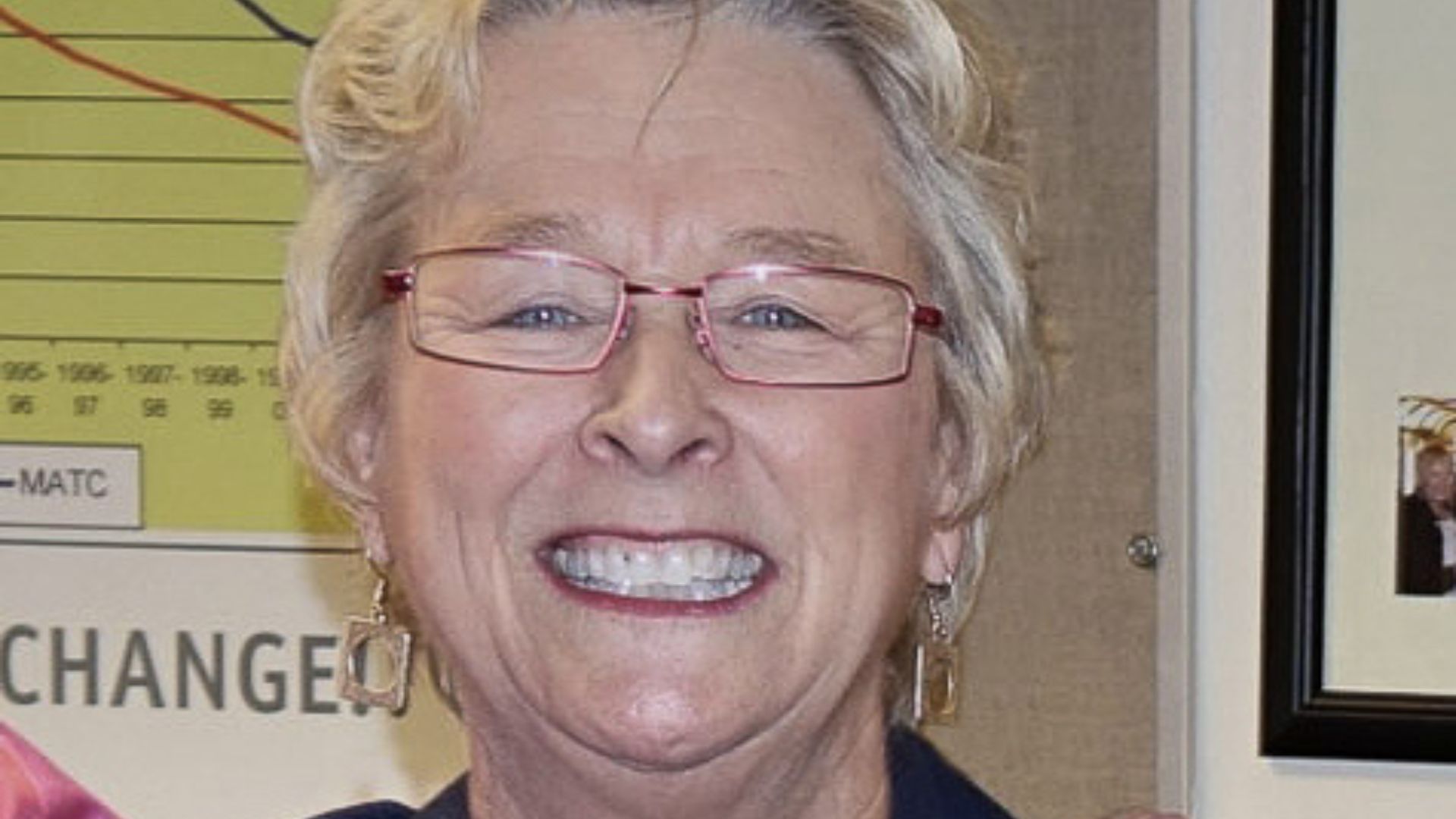
In a statement released Thursday, Justice Bradley shared her thoughts.
She said, “My decision has not come lightly. It is made after careful consideration and reflection. I know I can do the job and do it well. I know I can win reelection, should I run. But, it’s just time to pass the torch, bringing fresh perspectives to the court.”
Looking Ahead to New Chapters
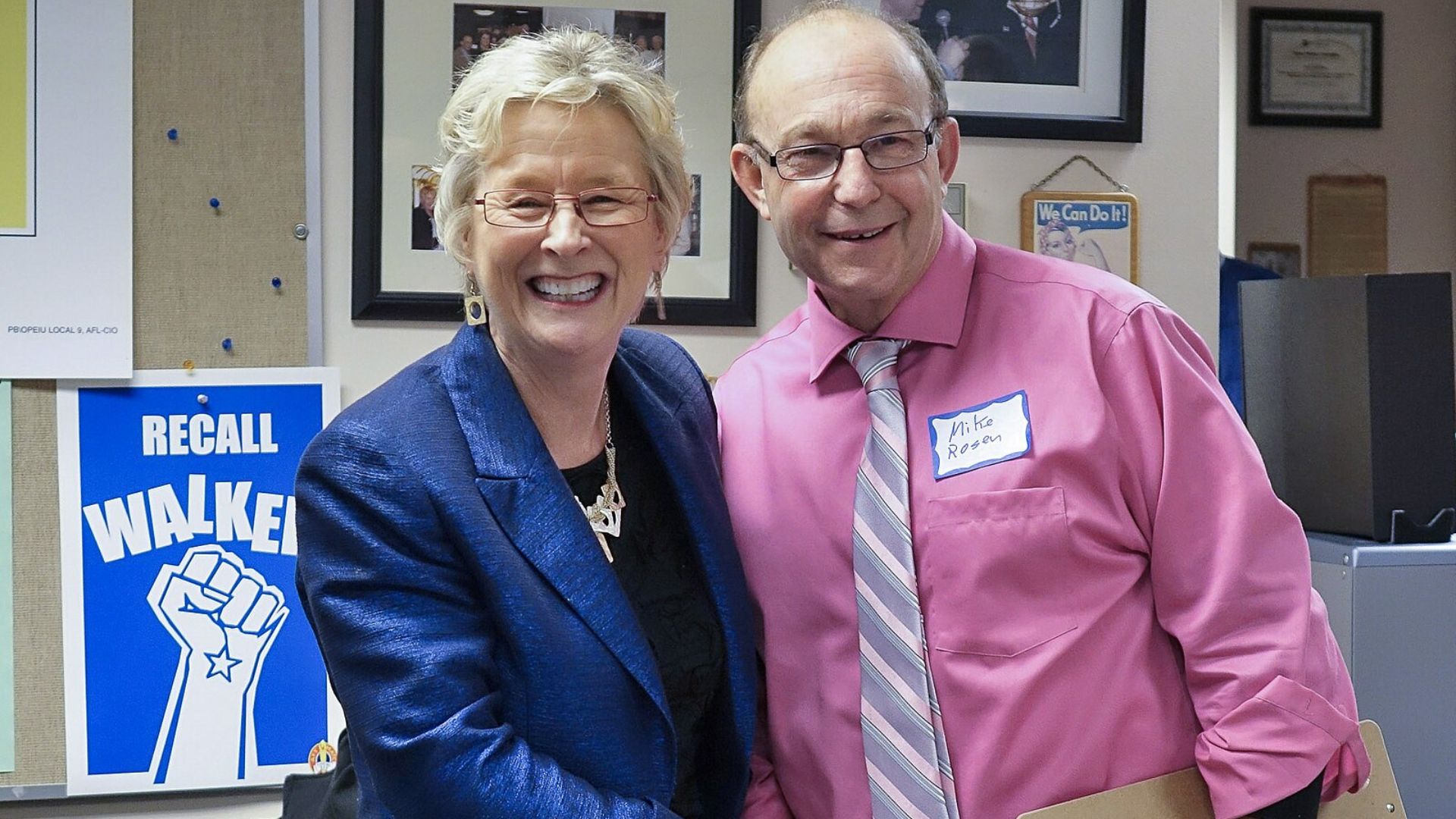
Justice Bradley expressed anticipation for the future.
“Upon completion of my third term, I look forward to embarking upon a new chapter in my life, which will include public service that is guided by the same principles of justice, fairness, and dedication that have defined my tenure on the court,” she said.
Her Enduring Commitment
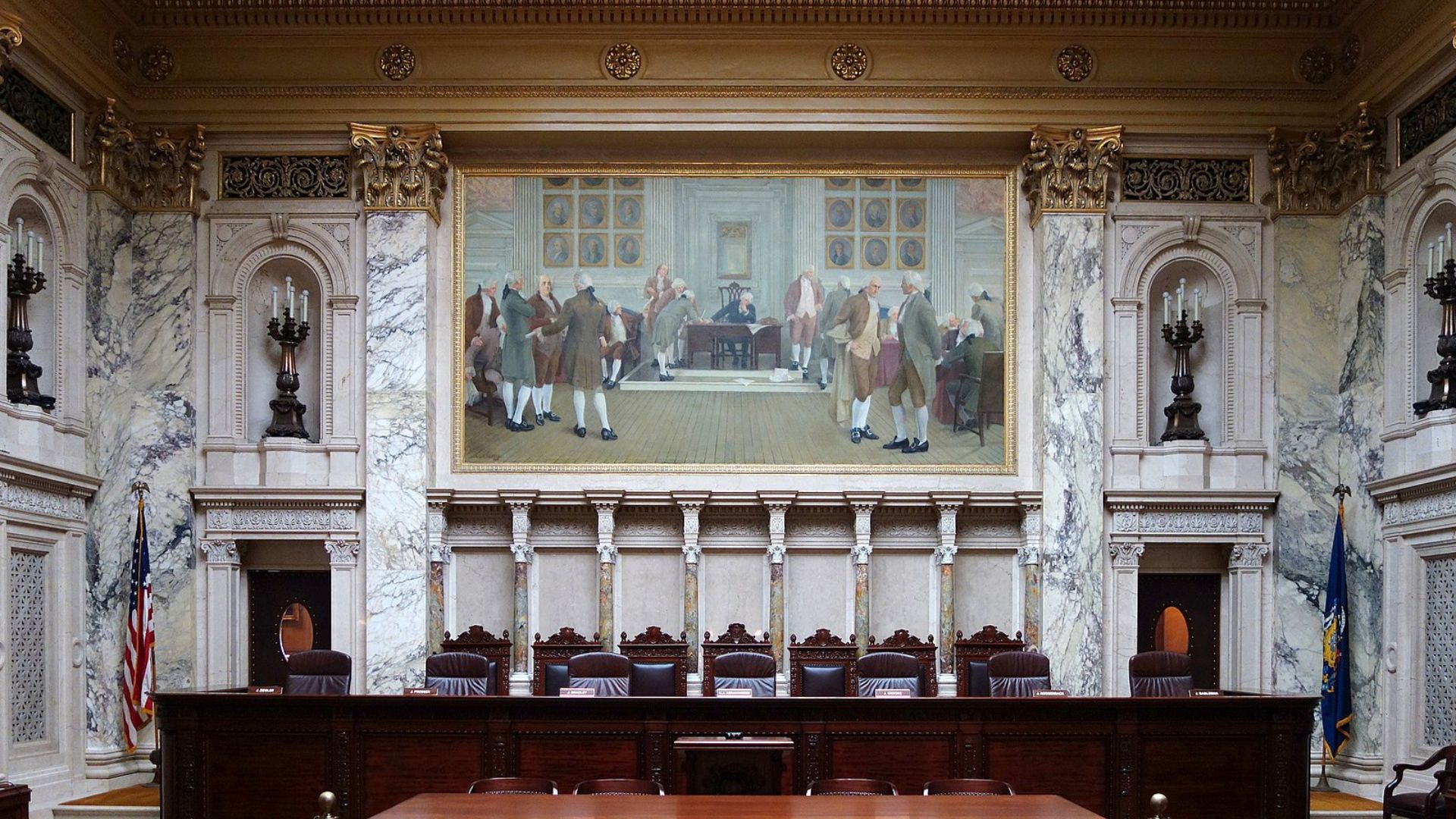
She also remarked on her commitment during her tenure: “It has been an honor of a lifetime to serve the people of this state and to know that when I am sitting down at the bench, I am standing up for them.”
Her service on the court will conclude on July 31, 2025.
Election’s Impact on Court Dynamics

Fox 6 reports that former Justice Janine Geske highlighted the importance of the upcoming election, noting that the election is critical as it will decide who controls the Wisconsin Supreme Court.
This control is pivotal as the court’s decisions influence various social and legal issues, including abortion and elections.
Geske on the Importance of Judicial Elections
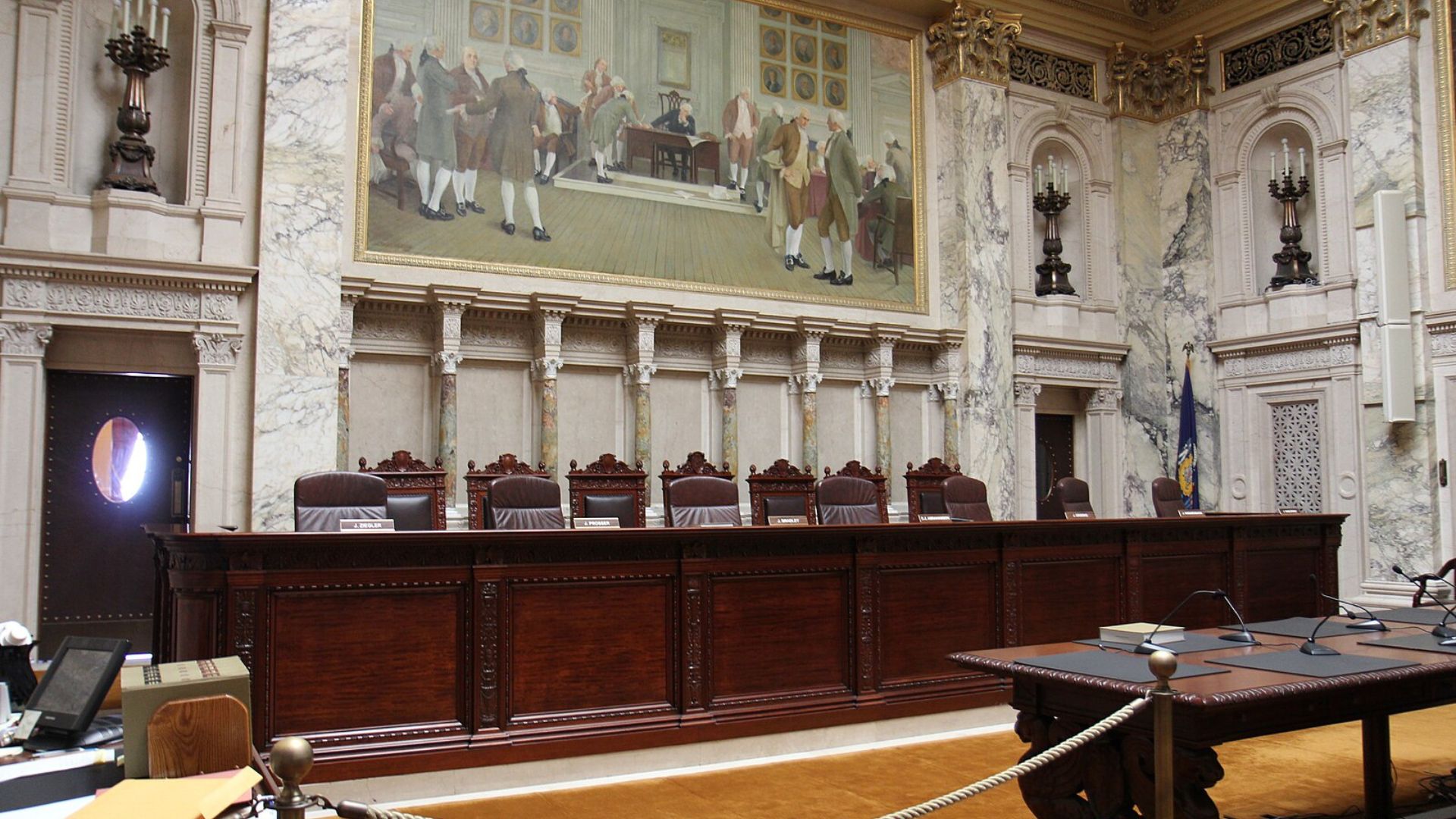
Geske emphasized the importance of judicial turnover: “That’s what happens to a dynamic court, that’s why we elect judges and change every – here it’s every 10 years. But we keep the court changing so people can see who their judges are.”
She noted this keeps the judiciary responsive and reflective of the electorate’s values.
The Stakes of the Election

“This is a critical, critical vote,” Geske stated.
She pointed out that the next justice will carry considerable influence on the divided court, dealing with major social and legal issues that will shape the state’s judicial landscape.
Liberal Majority’s Recent Decisions
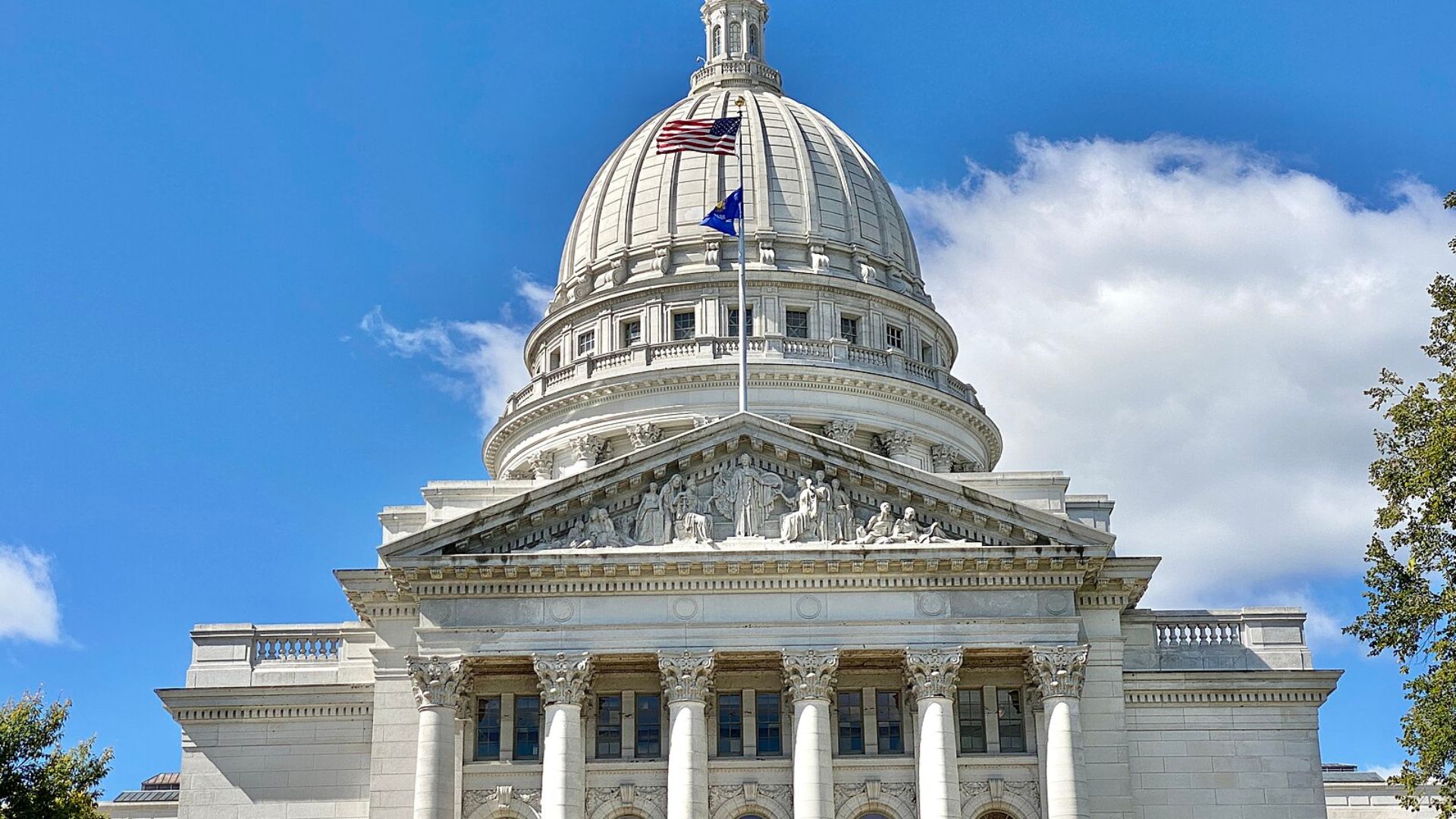
Since gaining a majority, the liberal justices have overturned Republican-drawn maps of the state’s legislative districts, among other key decisions, AP News reports.
This reflects the substantial impact of the current liberal majority which took control following Janet Protasiewicz’s victory in 2023.
The Focus on Abortion

The court is currently handling two challenges to a 174-year-old state law interpreted by conservatives as banning abortion.
The outcomes of these cases could significantly affect the legal status of abortion in Wisconsin, demonstrating the extremely high stakes of maintaining or changing the court’s composition.
Praise for Justice Bradley’s Service

Democratic Party of Wisconsin Chair Ben Wikler lauded Justice Bradley’s service.
He said, “Justice Ann Walsh Bradley stands as a giant on the Wisconsin Supreme Court, having embodied for nearly 30 years the best of Wisconsin—with a deep commitment to fairness and a profound respect for the law and our Constitutional rights.”
Conservative Response to Bradley’s Retirement
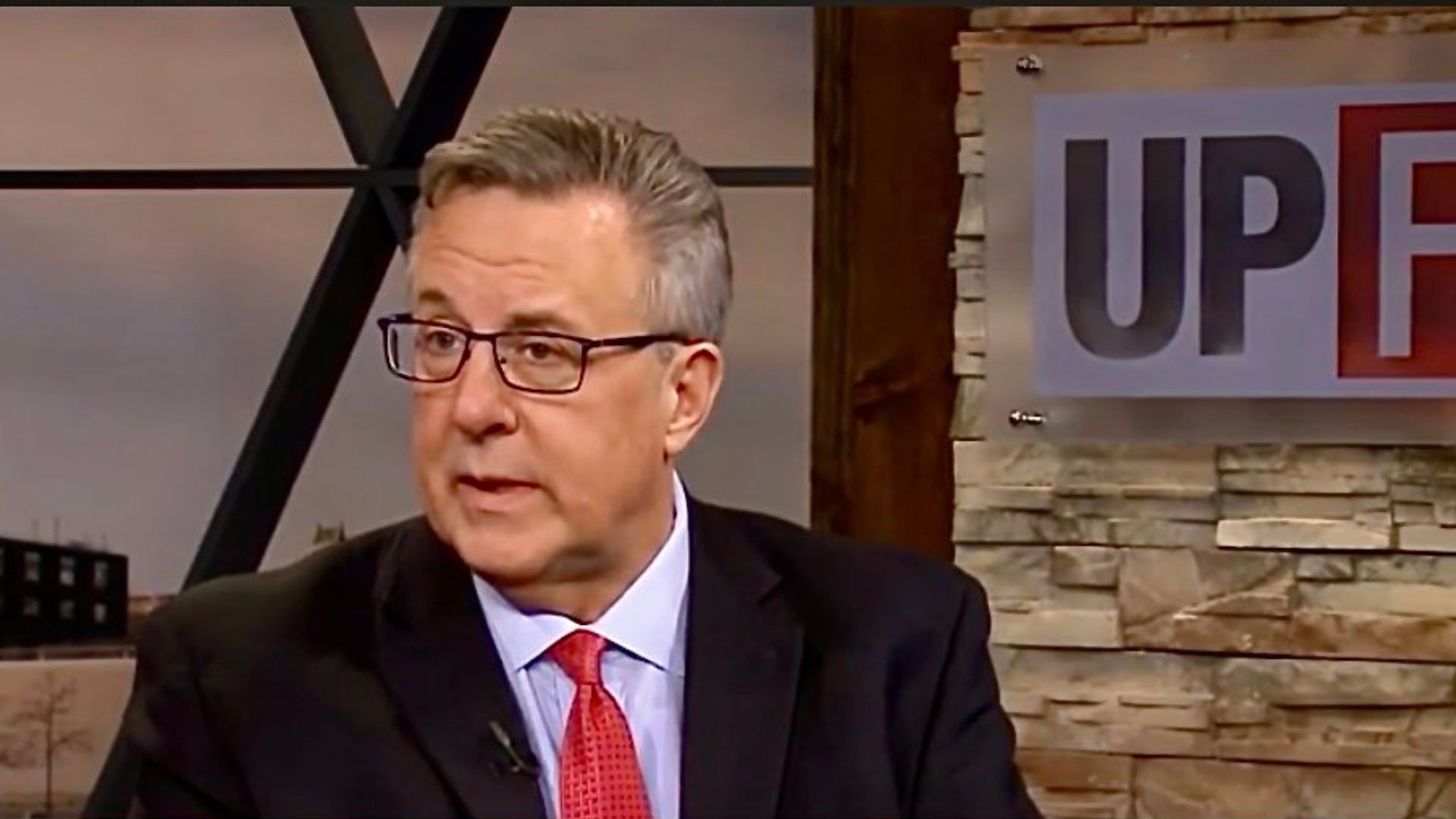
WisGOP Chairman Brian Schimming reacted to the announcement, indicating a heated campaign ahead.
“Wisconsin Democrats are undoubtedly calling their out-of-state donors and pre-booking the flights from Hollywood to try and purchase another Supreme Court seat. Voters in Wisconsin are tired of far-left activists on the court, and will elect a common-sense, conservative justice in April,” he said.
Looking Forward to the Election
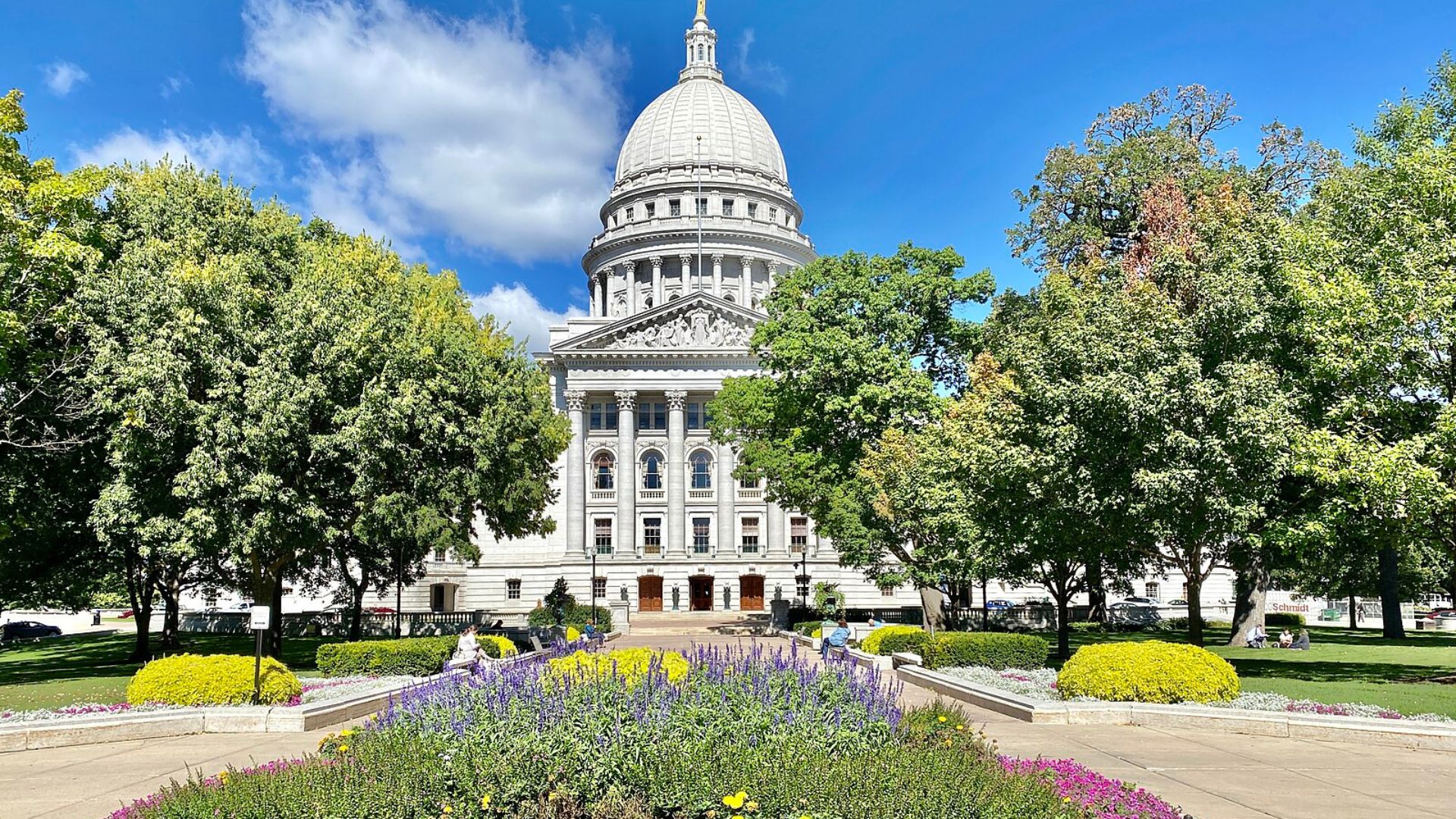
With the race set for April next year, candidates are preparing for a vigorous campaign. This election is pivotal, as conservatives aim to reclaim control.
The outcome will not only affect the court’s balance but also has broader implications for the judicial handling of critical issues in Wisconsin.
